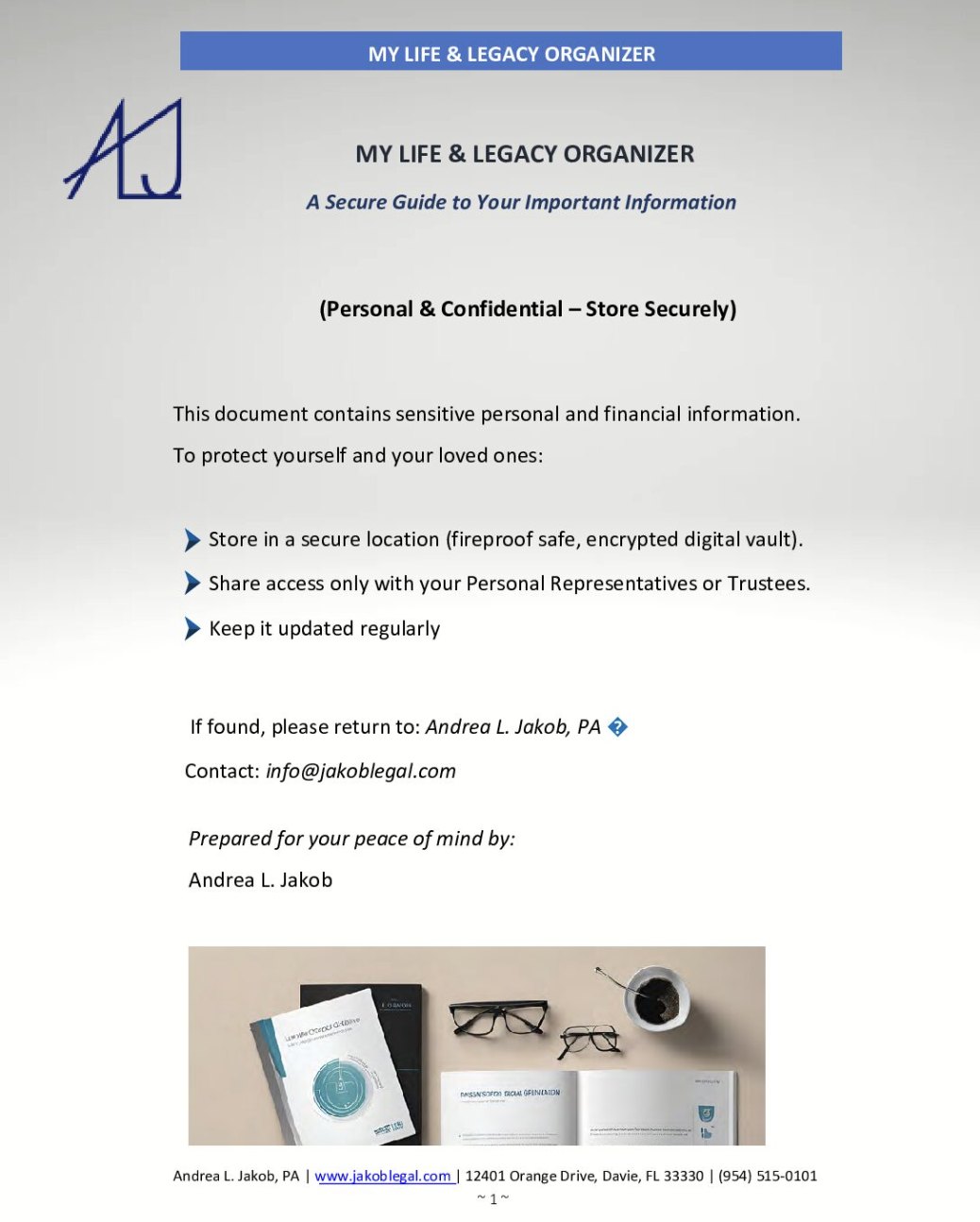Business Law
Trusted Partner in Business Law
We understand that each business is unique. That's why we offer personalized legal solutions tailored to meet the specific needs of your business. Whether you're starting a new venture, managing an LLC, or navigating through the new Corporate Transparency Act (CTA), our goal is to provide clear, practical advice that makes a real difference.
We ensure your business is not just compliant, but also thriving legally. Our commitment is to protect and empower your business, no matter its size or industry. With our firm by your side, you can focus on what you do best – running your business.
How We Can Help

LLC Formation and Management
Whether you are starting a new business, or need assistance with your previously established LLC, we can help make sure you have everything you need to handle the road ahead.
Corporate Formation and Management
We provide everything you need to form and manage your corporation including Bylaw preparation, stock certificates and agreements.
Partnerships and Limited Partnerships
We provide everything you need to form the partnership and structure the relationship between the founders.
Business Contracts and Agreements
Review and drafting of contracts and agreements including Buy-Sell Agreements.
Business Protection Strategy Sessions
Business Continuity Plans
Compliance and Legal Advising
Acting as Your Registered Agent
Protect your Business- Contact Us Now
Links and Resources
Planning for Your Digital Legacy
Instead of existing in photo albums and on videotapes and DVDs, most of our family photos and videos are now digital. Even if they lack commercial value, they certainly have sentimental value that you want to preserve for your family and friends. Social media accounts containing your photos and videos can also have value to your loved ones when you are gone.
LLC Voting Rights: Who Has a Voice?
On average, 4 million new businesses are started each year in the United States. Many of those businesses are organized…
Digital Assets in the Digital Era
What happens to all of our accounts and files when we become incapacitated or pass away? Will our spouses and children have access to them? Where will they find our usernames and passwords? Who can take down our Facebook and LinkedIn pages, or would we prefer that they continue for posterity? And if we’ve saved photos, videos and other files on the cloud, who should have access to them and how long should they stay out there?
Different Types Of Florida Trusts And When You Might Need Them
A trust is a legal document that can be created during a person’s lifetime and survive upon that person’s death.…
How to Protect Your Family’s Financial Risk
Also called “Continuity Planning” our goal it to reduce any long-term risk for our businesses and family investments. Businesses should also consider business succession plans (what happens if the unthinkable happens) or simply planning for retirement as well.
Protect Yourself from Fraud
Whether it’s guilting you into investing, instilling fear in you, or giving you the impression that they are professionals, con artists know exactly how to persuade you. Don’t rush yourself and don’t allow others to rush you. Take your time when making investment decisions, remain skeptical of unsolicited offers or offers that seem like they are too good to be true, and be sure that your money is always accessible.
Seniors Starting Businesses for their Contemporaries
Many entrepreneurs are successfully navigating new opportunities in serving their own peers.
Specifically, the article discusses the new career of “Patient Advocates” for the Elderly who are helping the adult or “sandwich generation” children navigate the complex and, sometimes horrific, medical system.
How does an LLC Really Work?
The limited liability company (LLC) is a popular business structure for new businesses, but what does it really mean to own an LLC? It can provide unique opportunities to customize business ownership to fit your specific needs and circumstances. Here is what you should know about LLC ownership.
ASSET PROTECTION
Business owners and entrepreneurs must use asset protection strategies to minimize risk to personal assets from creditor’s claims and litigation. Here a a few strategies to use to protect your assets!
Understanding the Differences Between a Revocable Trust and an Irrevocable Trust
Trusts can be useful tools to pass assets to the next generation, protect your assets, save on estate taxes, or…
What is the Corporate Transparency Act?
The CTA is a law that requires business entities it identifies as reporting companies to disclose certain information about the company and its owners to the US Department of the Treasury’s Financial Crimes Enforcement Network (FinCEN). Under the CTA, a reporting company is a corporation, limited liability company (LLC), or other similar entity created by filing a document with the secretary of state or a similar office under the laws of a state or Indian tribe or formed under the laws of a foreign country and registered to do business in the United States. The following information about the reporting company must be included in the report:
- company’s legal name, and any trade name or “doing business as” name
- street address of the principal place of business
- jurisdiction in which the business was formed
- tax identification number
Don't be fooled by the name—the CTA targets all types of business entities, especially small limited liability companies (LLCs) and partnerships. If you have any business entity—for example, to hold out-of-state real property or valuable personal property, receive valuation discounts, or protect assets—they may be required to comply with the CTA.
Does My Company Need to Report Under the CTA?
DOES MY COMPANY NEED TO REPORT?
Reporting companies include corporations, limited liability companies (LLCs), or other entities created or registered by filing a document with a secretary of state or similar state office.
Who is Exempt from Reporting:
Twenty-three types of entities, including publicly traded companies and nonprofits
Certain large operating companies that have
more than 20 full-time employees,
more than $5 million in annual gross receipts or sales, and
a physical operating presence in the United States.
Review this Chart for More Information on Who Has to Report:

